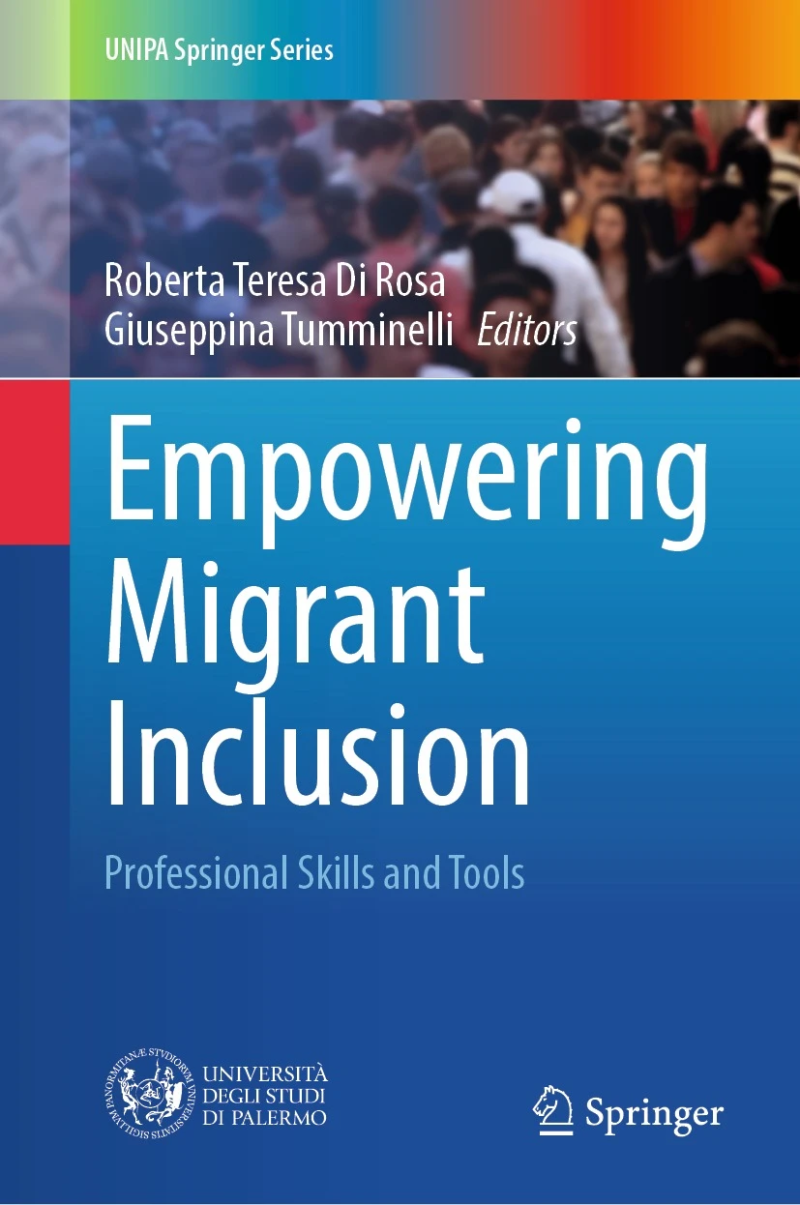
Suggested reading
How to ensure a real inclusion of migrants in European reception systems? What role do human relations and professional tools play in this process? These are some of the questions addressed by the new book Empowering Migrant Inclusion: Professional Skills and Tools Overview, a choral work coordinated by Roberta Teresa Di Rosa and Giuseppina Tumminelli that takes an in-depth look at the challenges and opportunities of working with migrants, especially unaccompanied minors, in Italy.
The volume explores the relational and operational dimension of professional actions aimed at ensuring the well-being and inclusion of migrants. Starting from the premise that well-being is a complex and multidimensional phenomenon, the different chapters - signed by researchers and social work professionals - develop complementary themes that address risk factors, obstacles in the relationship with the receiving society and the tensions of the reception system itself.
In the opening chapter, Unaccompanied Migrant Minors in Italy: Numbers and the Transition to Adulthood, sociologist Rita Bichi presents key figures and analyzes the critical moment when minors come of age, facing new legal and social challenges. Gabriella Argento then provides an overview of the Italian foster care system, describing its structure, strengths and shortcomings.
From a more experiential perspective, Giuseppina Tumminelli reflects on the emotional vulnerability of minors and the importance of promoting their psychosocial well-being. For her part, Roberta Teresa Di Rosa delves into the relational challenges faced by social workers, stressing the need for tools more adapted to diverse cultural contexts and changing realities.
The final section of the book includes valuable methodological proposals: Nicoletta Pavesi presents practical suggestions based on fieldwork; Elena Allegri details a training model for volunteer tutors in northwest Italy; and in the closing chapter, Tiziana Tarsia explores collaborative methods for training social workers, promoting greater connection between the foster care system and the local community.
The use of case studies throughout the book enriches the analysis and makes visible the voice of all the actors involved: unaccompanied migrant minors, immigrant families, refugees, social operators and volunteer tutors. All this with a clear ethical commitment: to invest in human and professional resources to transform the reception system into a fairer, more efficient and inclusive space. the book is a call for shared social action and an essential reading for those who work, research or legislate on migration and child protection.
To read the book visit the following link
https://link.springer.com/book/10.1007/978-3-031-55501-5
